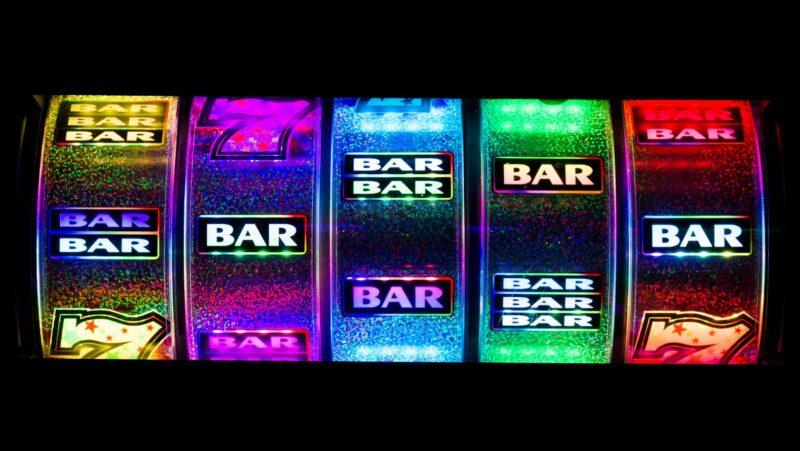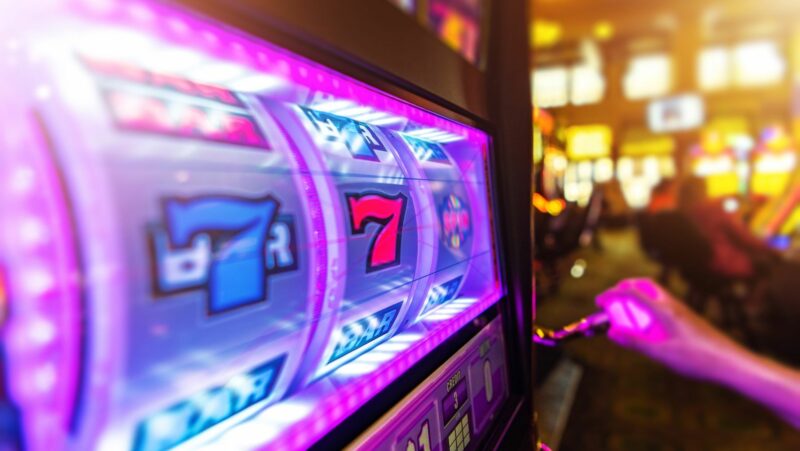Overcoming gambling addiction is a monumental challenge. With the meteoric rise of online sports betting and casino gaming apps, more people than ever face the siren song of quick and easy wins. While many can dabble safely, nearly 10 million Americans struggle with damaging gambling habits.
The house always wins – as the saying goes. Gambling is a business built to maximize profits by exploiting human psychology. We are not rational creatures. The lights, sounds and random reward schedules inside casinos hold our attention, activate our brains’ reward circuits and keep us coming back despite mounting losses.
While the deck feels stacked against problem gamblers, practical strategies and support can help beat the house and escape the gambling trap.
Scope of Gambling Disorders Today
Gambling disorder rates have surged in recent years. The newly published Joker Star analysis reveals that:
- An estimated 9.7 million U.S. adults (4.1%) experienced gambling disorder in 2019
- More than half of these disordered gamblers experienced severe impairment
- Rates of gambling disorder increased by 22% from 2012 to 2019 surveys
- Online sports betting legalization strongly correlated with gambling disorder spikes
| Year | % Meeting Gambling Disorder Criteria | # Adults with Gambling Disorder |
| 2001–2002 | 2.7% | 6 million |
| 2012–2013 | 3.6% | 8 million |
| 2019 | 4.1% | 9.7 million |
These statistics highlight a growing public health crisis. Why are more people falling prey to gambling’s grasp? Contributing factors likely include:
- Proliferation of internet and smartphone gambling access
- Aggressive advertising and incentives from sportsbooks and online casinos
- Stress and isolation effects exacerbated by the COVID-19 pandemic
- Legalization and normalization of sports betting in more U.S. states

Fortunately, practical steps and support can help gambling addicts regain control.
Practical Strategies to Overcome Gambling Addiction
Conquering gambling addiction is rarely easy or linear, but very possible with concerted effort. Here are practical strategies to escape the gambling trap:
Admit the Problem and Seek Support
The first step is acknowledging unhealthy gambling habits and impacts. Common red flags include:
- Preoccupation with gambling and placing next bet
- Need to wager more money more often to feel excited
- Repeated failed attempts to cut back on gambling
- Restlessness or irritability when not gambling
- Gambling to escape problems or unhealthy moods
- Lying about gambling behavior and losses
- Job, relationship or financial issues due to gambling
Opening up to a trusted friend or family member can help. Consider connecting with a gambling disorder support group. Many find 12-step programs like Gamblers Anonymous hugely helpful. Speaking with a gambling counselor or therapist can also aid the recovery journey.
Limit Access and Remove Temptations
Reducing immediate access to gambling opportunities is vital early on. Steps like closing online betting accounts, barring oneself from entering casinos and installing gambling blocking software on devices can help eliminate temptations.
Asking family members to restrict lending money for gambling purposes is wise as well. Be strategic about avoiding triggers that spur urges to gamble.
Build Healthy Routines and Relationships
Channel energy into healthy routines and relationships with purposeful daily goals. Physical exercise, adequate sleep, proper nutrition and social connection all help minimize gambling cravings.
Set aside time for hobbies, activities and people that bring genuine happiness. Volunteer work and acts of service for others can also boost mental wellbeing. Establishing structure and meaningful routines aids the recovery process.
Address Underlying Issues That Drive Gambling
For many, excessive gambling stems from attempts to cope with underlying issues like depression, anxiety, trauma or loneliness. Seeking counseling and treatment for these root causes can help break the gambling cycle.
Practicing mindfulness, meditation or prayer may help some grapple with destructive thought patterns that trigger gambling urges. Building self-confidence and learning healthy coping skills gives more power over gambling impulses.
Abstain from All Gambling
Total abstinence from any betting provides the best odds for overcoming gambling addiction. This requires avoiding tempting “harmless” bets with friends, not visiting places where gambling occurs and even skipping TV shows or movies featuring gambling themes that could spark urges.
For those able to gamble recreationally without issue, this seems extreme. But for gambling addicts, moderation often gives way to excess. Many who have escaped gambling’s grasp say abstinence was essential.
Reform Money Management and Credit Habits
Years of gambling disorder often cause severe financial damage. Creating a detailed budget and financial plan can help regain stability. Useful steps include:
- Meeting with credit counselors and debt consolidation services
- Closing unnecessary credit cards and accounts
- Saving automatically from each paycheck before spending
- Finding an accountability partner to discuss major purchases
- Building emergency savings and paying off high-interest debts
- Investing conservatively for long-term growth
Restoring order to finances removes heavy burdens and helps fund meaningful life goals beyond gambling.
Hope for Change Exists
Gambling addiction causes great pain, but countless people have broken free with support. While practical barriers and health coping strategies are invaluable, addressing root motivations, mindsets and deeper human needs is also key.
At core, harmful gambling manifests from disconnectedness – from self, others and purpose. But human beings innately crave connection. Escaping the gambling trap involves filling this void with genuine bonds, contribution, meaning and growth.
The road is rarely smooth, but a fulfilling life awaits those who persevere. For all still battling, hold on to hope. The support and strength needed to overcome gambling disorder can be found one day at a time.

